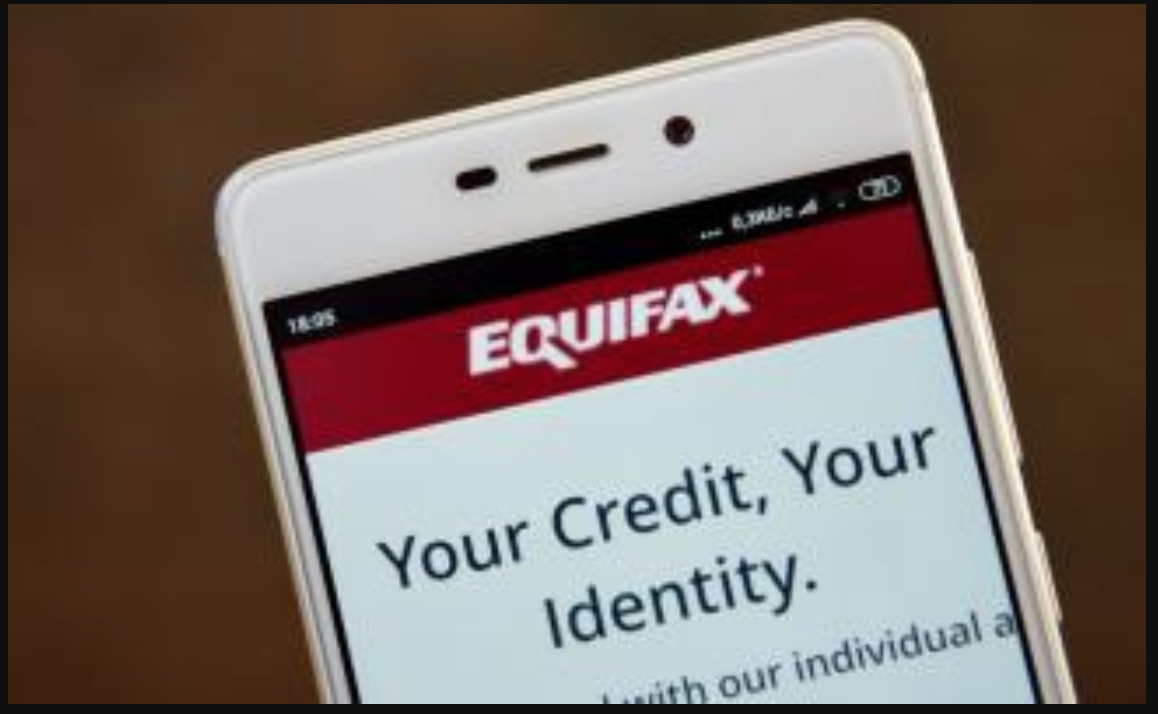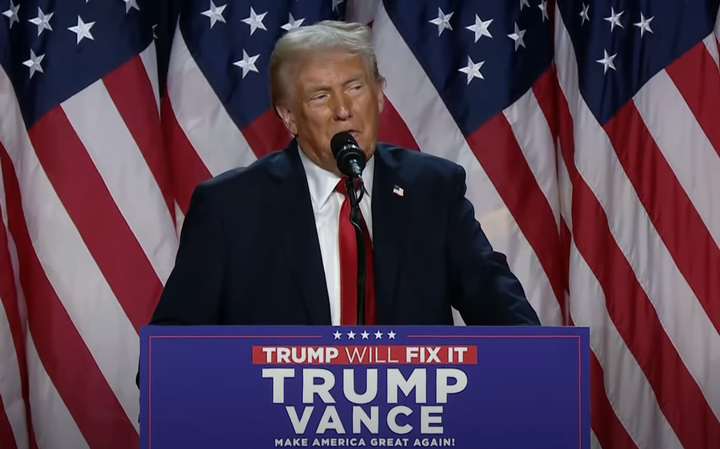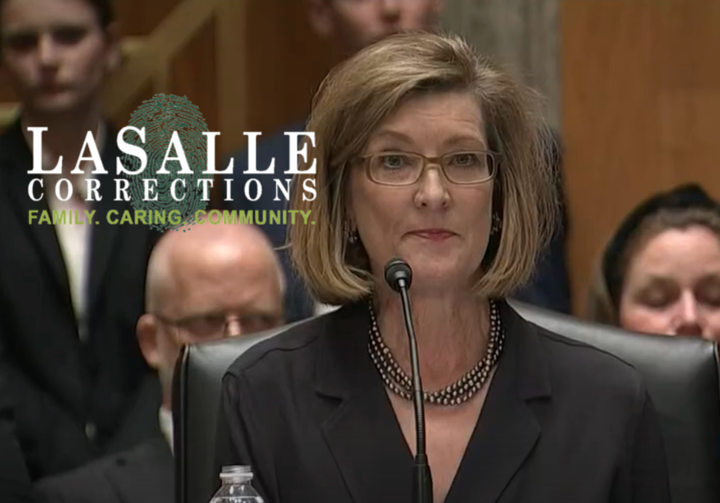Equifax Whistleblower Says He Was Fired After Exposing Fraud Related To Consumer Complaints

Stephen Leary, a whistleblower for the US credit reporting agency known as Equifax, says he was fired after he refused to submit fraudulent data about customer complaints to a US government agency.
He filed a lawsuit in a federal court in Atlanta, Georgia, where Equifax is headquartered. It alleges that Equifax violated a section of the Consumer Financial Protection Act, which protects employees of “consumer reporting agencies” from this type of retaliation.
“This case is about a company punishing a dedicated employee for refusing to ‘play ball’ when it tried to cover up its regulatory violations that placed the financial security of everyday Americans in jeopardy,” the complaint declares.
Equifax garnered a notorious reputation in 2017 after a massive data breach compromised the personal data of more than 145 million Americans, as well as thousands of Canadians and nearly a million citizens in the United Kingdom. The company’s outreach to the public was viewed as “haphazard,” “ill-conceived,” and a “dumpster fire.”
Employees at the credit reporting company were charged by US prosecutors with insider trading. When staff at Equifax were supposed to protect citizens from the worst impacts of the breach, several individuals were more concerned about how the scandal would affect the value of their stock options.
In the complaint, Leary is described as an “experienced compliance professional” and a licensed attorney in Florida. He worked at Equifax in Atlanta as an auditor from 2018 to 2020. He was responsible for compliance assessments that were mandated by the Consumer Financial Protection Bureau (CFPB).
It was apparently part of Leary’s job to ensure that credit reports, which American families depend on to “purchase homes, rent apartments, purchase cars, and obtain small business loans and credit cards,” were fair and accurate.
While testing Equifax’s consumer complaints program, Leary claims he found Equifax was not identifying, tracking, and reporting the vast majority of complaints to the CFPB.
Throughout the latter part of 2018, Leary maintains he showed the compliance violations to Equifax’s upper management, particularly Shannon Anderson, who was vice president and quality manager of customer operations, and Adele Fields, who was senior vice president and the company’s deputy chief compliance officer.
Anderson and Fields allegedly “tried to bury the results and told him that Equifax should report false information to appease the CFPB.”
Leary, along with a colleague, went ahead and published the findings as required by the CFPB. His colleague was immediately fired.
On May 14, 2020, Leary claims Equifax took many of the job responsibilities he had away from him and put him on a “performance improvement plan, which included nebulous requirements such as the demand that he improve his ‘tone’ and that he ‘provide evidence that he [did] not have an us-versus-them mentality,” when it came to himself and the company.
Leary later learned in June 2020 that Equifax had allegedly covered up his findings and provided false information to the CFPB. That led the CFPB to incorrectly conclude that the company had violated the law by not conducting a proper compliance audit.
He contacted the CFPB with his original work, which alerted the bureau to the fact that Equifax lied about an audit. It also put them on notice that Equifax had concealed information they were supposed to share with the oversight agency.
Leary told the CFPB that “Equifax had a pattern of covering up violations and punishing employees like him who opposed it.”
Once the CFPB communicated with Equifax about the allegations, management knew the bureau had learned about their fraud from Leary. He was subject to retaliation.
Leary complained about the mistreatment to the human resources department, however, his objections were ignored. Equifax fired him on July 6.
The lawsuit seeks a judgment against Equifax that indicates the company violated his whistleblower rights by firing him after he contacted the CFPB. Leary also would like “back pay and lost benefits,” damages, and “front pay or reinstatement" to his job.
Equifax deceived the public when the massive data breach at their company was reported. They suggested that consumer data was “accessed” when, in fact, it became clear during a congressional meeting that data was stolen from citizens.
The company had the ability to notify every single consumer that their data was compromised. Only 2.5 million Americans were immediately informed that Equifax suffered a breach.
According to a Senate investigation, Equifax manipulated a loophole in federal procurement law to force the Internal Revenue Service (IRS) to award the company a contract in June 2017 after the breach. The company cheated taxpayers out of millions of dollars, and on top of raising prices, they charged consumers to freeze their credit until a backlash shamed them into offering a temporary free service.
The same Senate investigation highlighted how credit reporting companies like Equifax “obtain and use massive amounts of data on millions of consumers, but consumers have little to no power over how this data is collected, how it is used, or how it is kept safe.”
Equifax has coerced consumers to pay for products if they really want to protect their data rather than offer free services that include real privacy protection.
All of which makes the alleged fraud exposed by Leary even more troubling. The fact that Equifax is lying to the US government about consumer complaints suggests they are still engaged in some of the same exploitative business practices, which were challenged after the data breach in 2017.




Comments ()